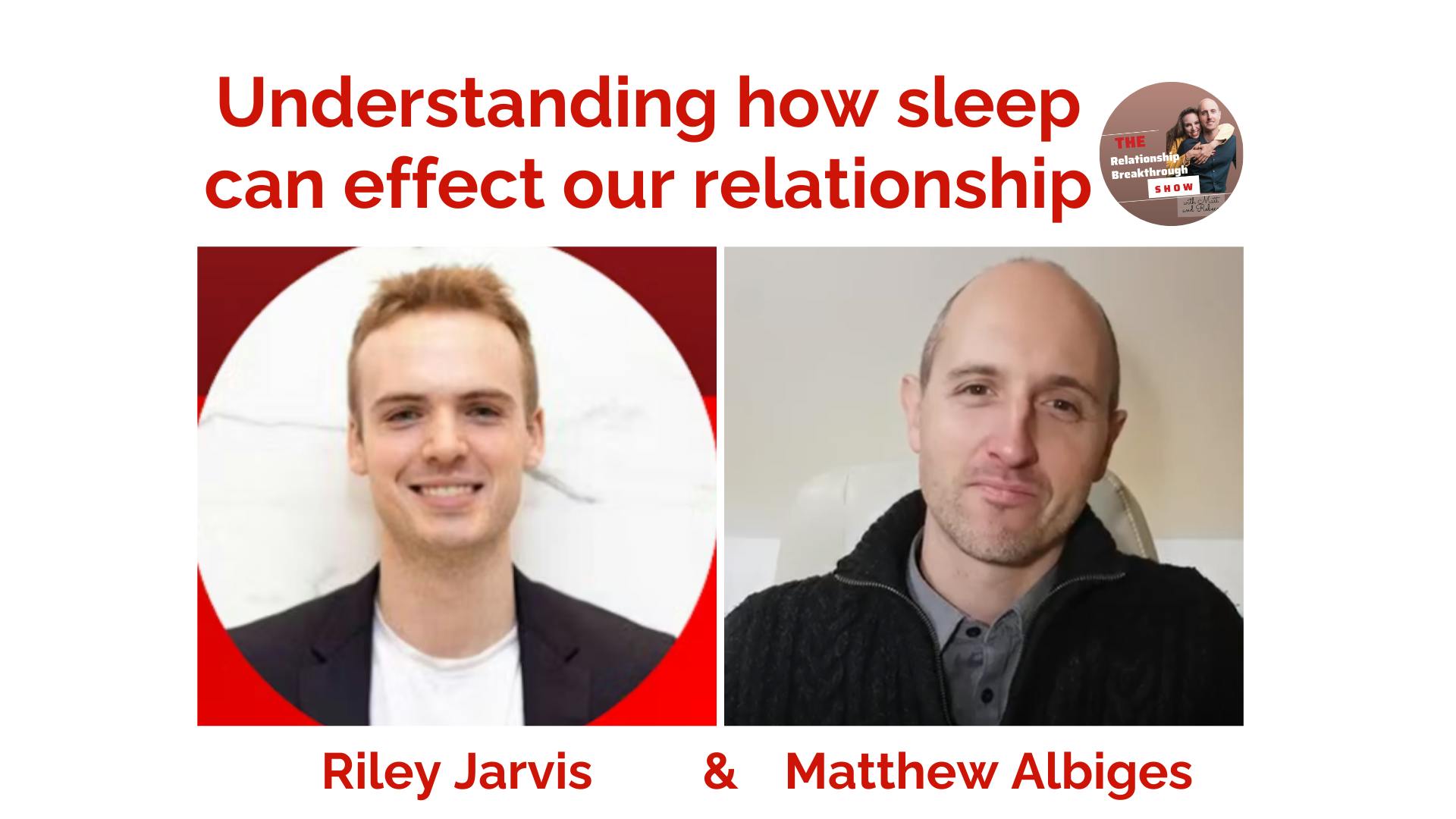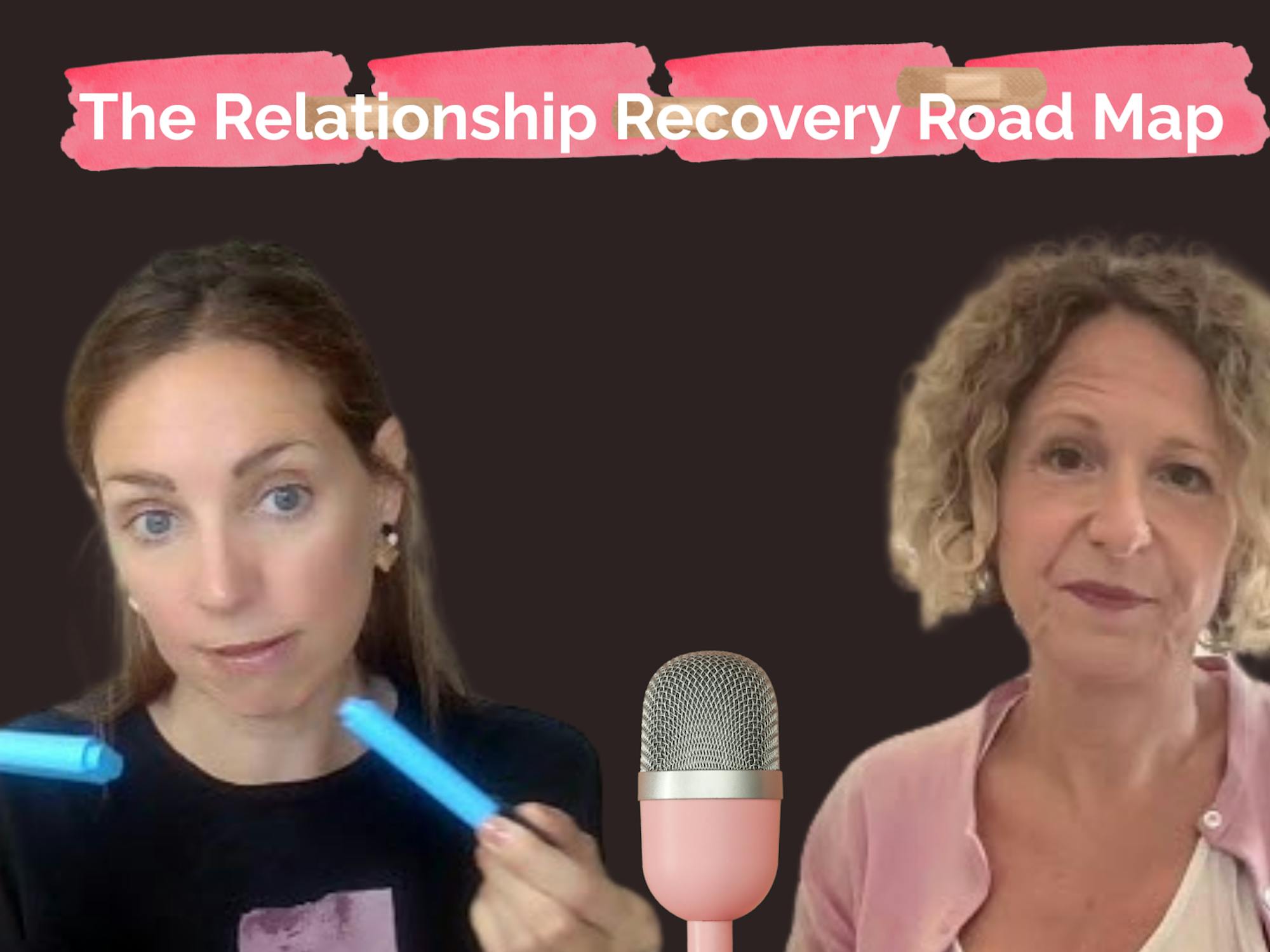How sleep deprivation can hinder your relationship
Adequate sleep is not only essential for our physical health but also plays a significant role in maintaining healthy relationships. When we consistently lack sleep, it can have detrimental effects on our emotional well-being, communication skills, and overall behaviour, which can, in turn, damage our relationships.

Riley Jarvis is the Founder & CEO of The Sleep Consultant – an organisation that helps CEOs, entrepreneurs, and high performers transform their sleep to significantly boost their productivity and energy levels.
But how is our sleep involved in forming and maintaining healthy relationships?
Adequate sleep is not only essential for our physical health but also plays a significant role in maintaining healthy relationships. When we consistently lack sleep, it can have detrimental effects on our emotional well-being, communication skills, and overall behaviour, which can, in turn, damage our relationships.
How lack of sleep is harming our relationship
Sleep deprivation often leads to increased irritability and mood swings. When we’re tired, we’re more likely to react negatively to minor inconveniences or disagreements with our partner. This heightened irritability can create unnecessary tension and conflicts in the relationship. This will then lead to a lack of communication. Sleep deprivation can impair our ability to communicate effectively. We might find it challenging to articulate our thoughts and emotions clearly, leading to misunderstandings or misinterpretations. Inadequate sleep can also hinder active listening, making it difficult to empathize with our partner’s feelings and needs. When we’re tired, we have less patience and empathy for others, including our partners. We may become less understanding of their needs and feelings, causing emotional distance and strain in the relationship. Overall lack of sleep can elevate stress hormone levels, making us more susceptible to feelings of anxiety and overwhelm. This heightened stress can spill over into our interactions with our partner, resulting in tense and strained communication.
Sleep-deprived individuals may struggle to find the energy and motivation to engage in quality time with their partners. This can lead to a lack of emotional connection and bonding, weakening the foundation of the relationship. This also means that you are much less likely to engage in intimate moments with your partner, losing a deep rooted connection you may have had in the past. As well as this sleep deprivation itself can negatively impact your sex drive with a lack of energy and increased stress levels, your libido is likely to drop.
We are all aware that lack of healthy sleep can quickly develop into cognitive issues but these cognitive deficits will lead to further issues in the relationship, affecting our ability to remember important events, commitments, and promises made to our partner. This forgetfulness can lead to feelings of neglect and disappointment from our partner. Poor problem-solving abilities and decision-making skills may also develop, meaning you may struggle to find constructive solutions, leading to unresolved conflicts when faced with relationship challenges.
Sleep is a crucial component of overall well-being. Chronic sleep deprivation can result in increased irritability, communication problems, reduced empathy, decreased libido, and heightened stress levels, all of which can damage the quality of our relationships. Prioritising adequate sleep and practising good sleep hygiene can contribute not only to our personal well-being but also to the strength of our relationships.
Relationship experts, Matt and Rebeca and sleep expert Riley Jarvis came together to discuss how we can manage our sleep and work on our relationship. In our recent podcast we discussed.
– If sleep isn’t working, how could that play out especially in your relationship?
– How does REM sleep impact on emotional intelligence
– Could a shorter working day be more productive and happier?
– What stops us from sleeping well?
– 5 tips to revolutionise sleep
You can find out more about Riley’s work at:
- Emotional State
- Relationships
- Sleep
- Therapy



